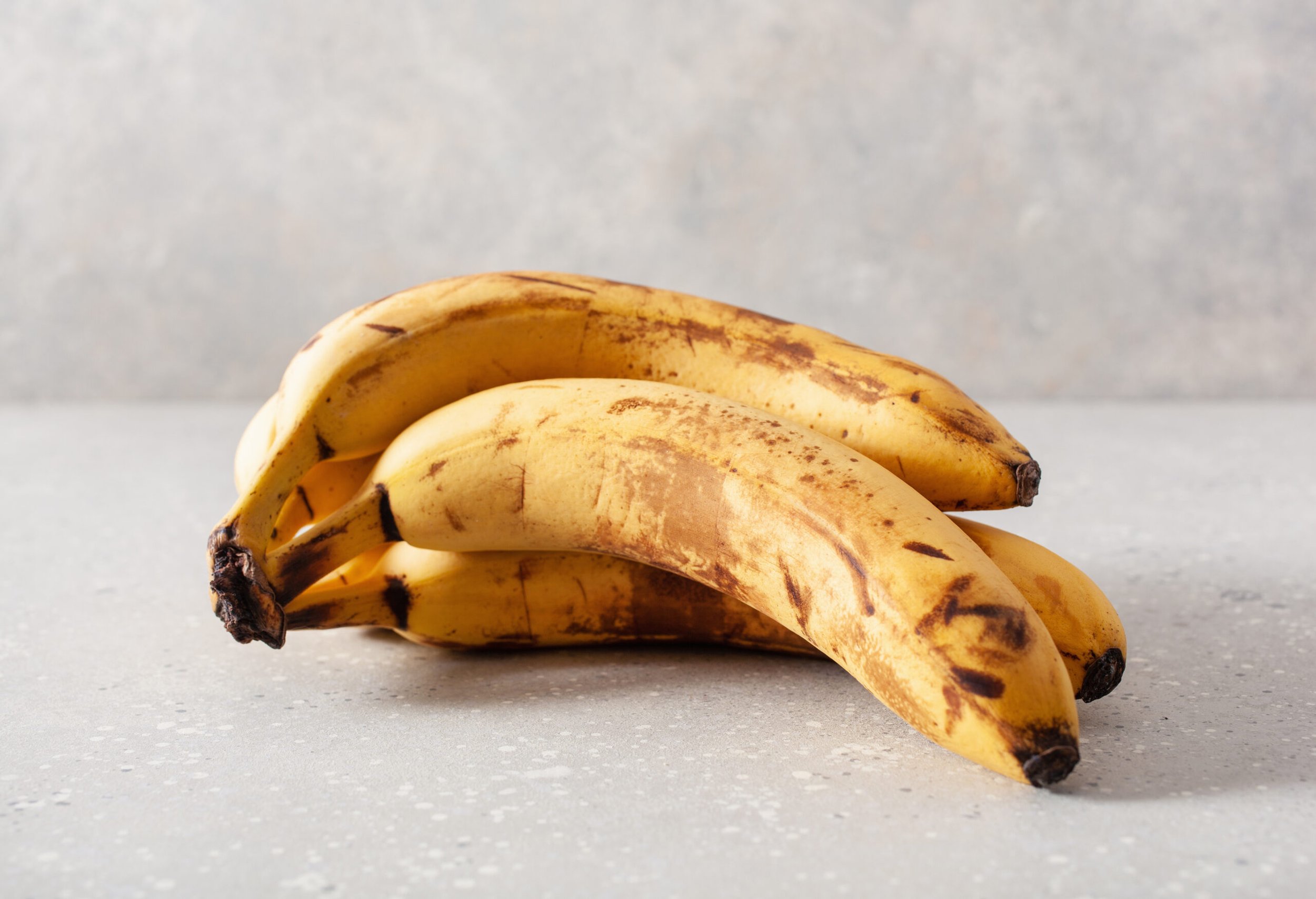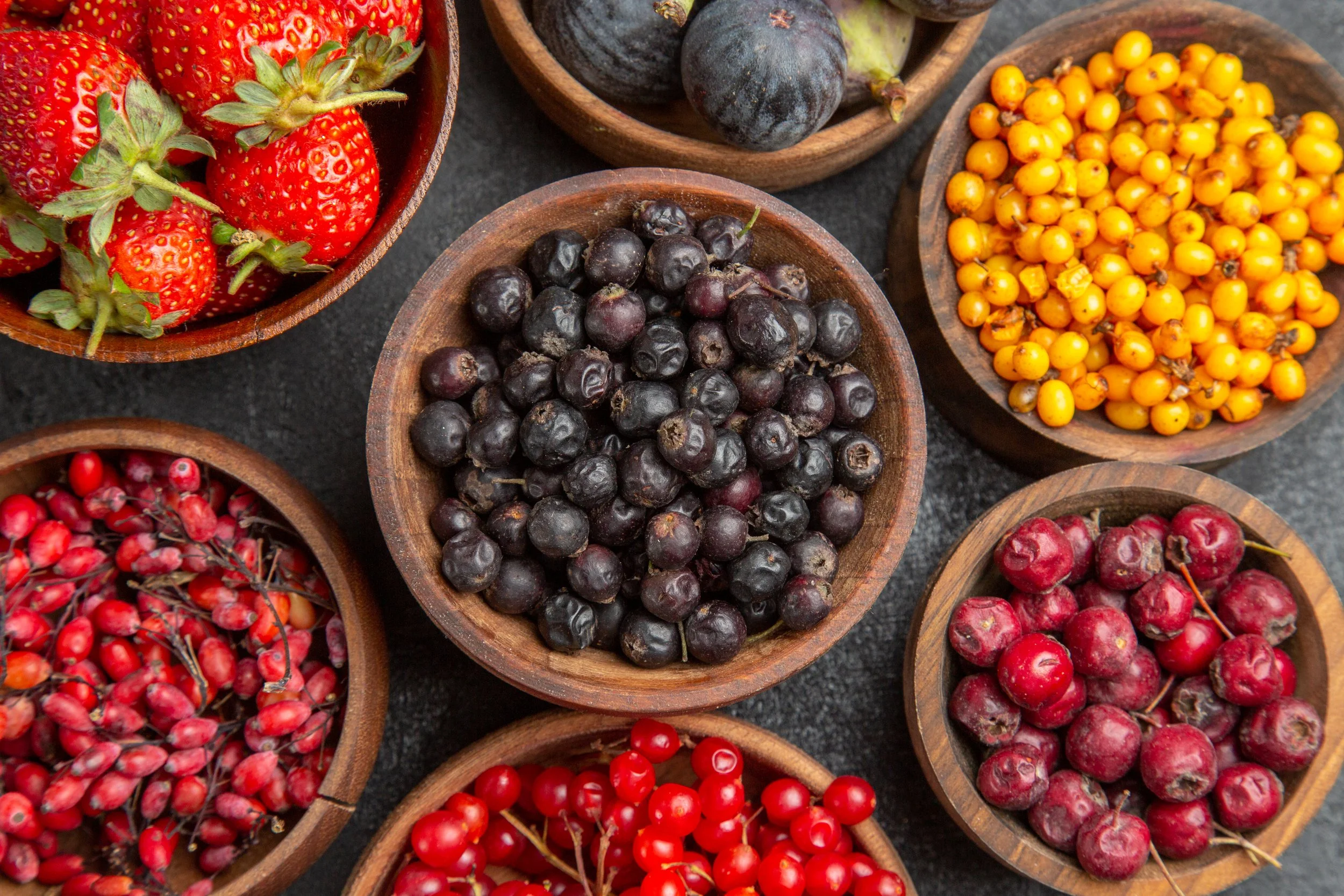How much money are you wasting on uneaten food items?
In the fast-paced rhythm of contemporary life, one aspect often escapes our financial scrutiny: the significant chunk of our monthly expenses devoted to uneaten groceries. While the average household allocates a substantial portion of its budget to food, a startling revelation awaits those willing to examine their shopping and consumption patterns closely: a considerable amount of hard-earned money is quietly finding its way into the bin alongside forgotten meals.
In Australia, it is estimated that the average household throws away between $2,000 and $2,500 worth of uneaten food each year.In the era of digital convenience, the ease of online grocery shopping and doorstep deliveries has revolutionised how we stock our kitchens. Yet, this convenience often comes with a hidden cost: the detachment from the physical act of selecting and purchasing our food. Online promotions and discounted bundles can easily entice us to buy more than necessary, resulting in cramped cupboards and fridges that witness the slow demise of forgotten items.
One of the primary contributors to this wasteful cycle is the lack of effective meal planning. On average, Australians spend about $140 per week on groceries. Of this, it is estimated that approximately 20% ends up as wasted food, accounting for nearly $28 each week.
Lost in the excitement of bustling supermarkets or the ease of virtual carts, it's easy to lose track of what's already stocked at home. The Australian economy loses $36.6 billion per year due to food waste, with households accounting for around 50 per cent of this. Poor meal planning often leads to duplicate purchases, and perishable items are the unfortunate casualties of this oversight. The once-vibrant fruits and vegetables, initially filled with promise, become sad remnants of well-intentioned but flawed shopping habits.
Fresh fruits and vegetables are among the most commonly wasted food items in Australian households. It is estimated that around 25% of all vegetables purchased and 20% of all fruit are discarded.
This not only puts a strain on our wallets but also has far-reaching environmental implications. The resources expended in producing and transporting food are squandered when it ends up in landfills, contributing to greenhouse gas emissions and exacerbating global food insecurity. When disposed of in landfills, although organic waste is often seen as ‘natural’, when it breaks down, it releases methane, a greenhouse gas that has a global warming potential between 28 and 36 times that of carbon dioxide.
To break free from this wasteful cycle and safeguard both our finances and the environment, awareness is the initial key. Conducting a thorough inventory of your fridge and pantry before embarking on a shopping trip can eliminate unnecessary purchases. Crafting a weekly meal plan based on existing provisions can guide your shopping and mitigate the chances of impulse buying. Embracing the principle of "buying only what you need" might seem like a minor adjustment, but it can yield significant savings over time.Another impactful strategy involves getting inventive with leftovers. Instead of relegating last night's dinner to the depths of the refrigerator, consider repurposing it into a new and exciting dish. This not only minimises waste but also injects an element of culinary exploration into your routine. Online resources abound with recipes and ideas for breathing new life into leftovers—transforming surplus vegetables into hearty soups or yesterday's roast into a delectable sandwich.
Being mindful of expiration dates is a critical aspect of waste reduction. Organising your pantry and fridge to ensure older items are used first can prevent perfectly good food from going to waste. Additionally, understanding the distinction between "best before" and "use by" dates enables informed decisions about what to keep and what to discard.In conclusion, the money spent on uneaten groceries transcends mere financial loss; it is a drain on resources and a contributor to environmental degradation. By embracing strategic meal planning, and getting creative with leftovers, we can curb this wasteful trend and foster a more sustainable and budget-friendly lifestyle.
So, the next time you're tempted to add that extra item to your cart, ponder: "Do I really need this, or am I just squandering money on future food for the bin?"
Other Articles





